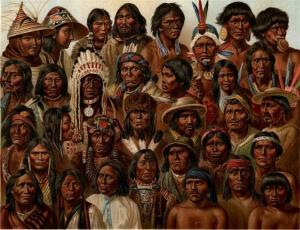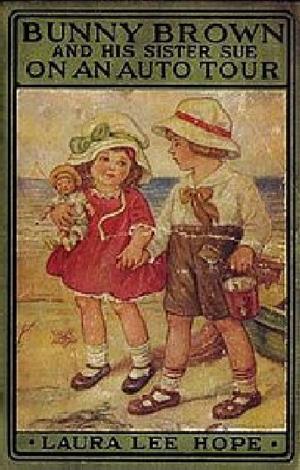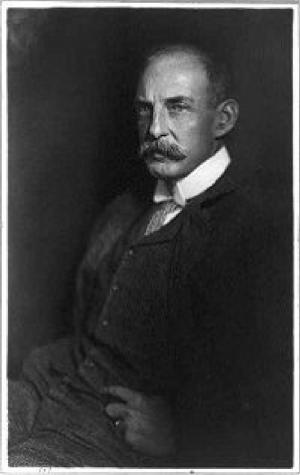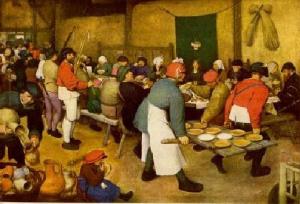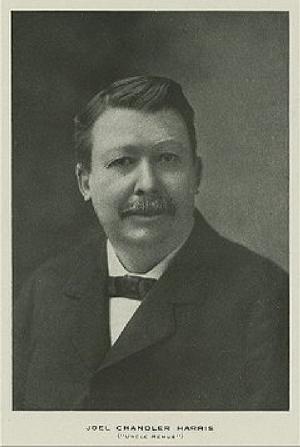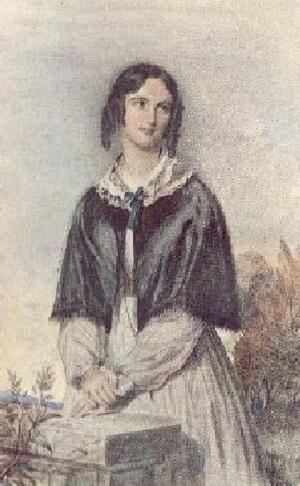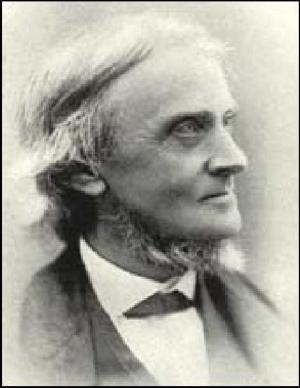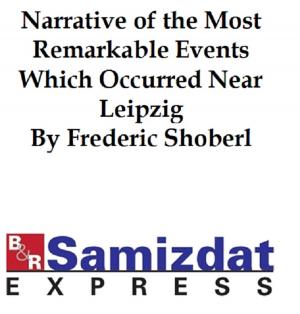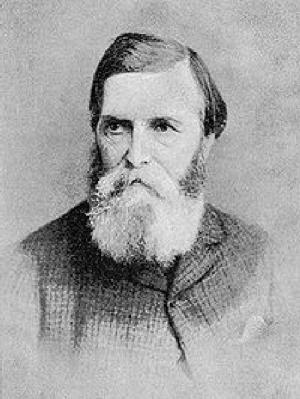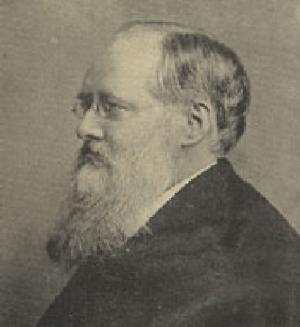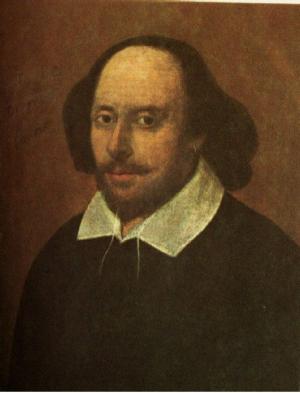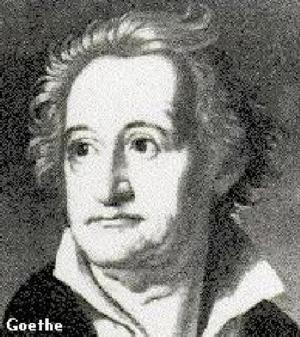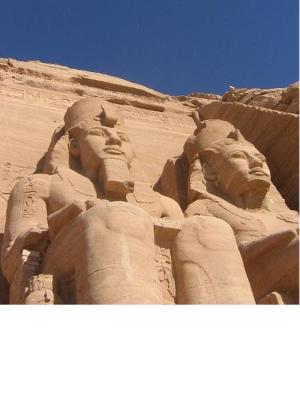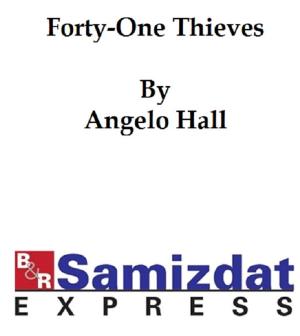| Author: | Vicente Blasco Ibanez | ISBN: | 9781455409990 |
| Publisher: | B&R Samizdat Express | Publication: | December 15, 2009 |
| Imprint: | Language: | English |
| Author: | Vicente Blasco Ibanez |
| ISBN: | 9781455409990 |
| Publisher: | B&R Samizdat Express |
| Publication: | December 15, 2009 |
| Imprint: | |
| Language: | English |
This file includes (in English): The Blood of the Arena, The Dead Command, The Four Horsemen of the Apocalypse, Luna Benamor, Mare Nostrum, The Mayflower, The Shadow of the Cathedral, Sonnica, The Torrent, and Woman Triumphant. According to Wikipedia: "Vicente Blasco Ibáñez (January 29, 1867 January 28, 1928) was a Spanish realist novelist writing in Spanish, a screenwriter and occasional film director. Born in Valencia, today he is best known in the English-speaking world for his World War I novel Los cuatro jinetes del apocalipsis. Filmed in 1921 as The Four Horsemen of the Apocalypse, it was filmed again in 1962, reset in World War II. However, in his time he was a best-selling author inside and outside of Spain, and also known for his controversial political activities. While Sangre y arena (Blood and Sand) and Los cuatro jinetes del apocalipsis are his most popular novels, particularly outside of Spain, his Valencian novels such as La barraca and Cañas y barro are the ones most valued by scholars."
This file includes (in English): The Blood of the Arena, The Dead Command, The Four Horsemen of the Apocalypse, Luna Benamor, Mare Nostrum, The Mayflower, The Shadow of the Cathedral, Sonnica, The Torrent, and Woman Triumphant. According to Wikipedia: "Vicente Blasco Ibáñez (January 29, 1867 January 28, 1928) was a Spanish realist novelist writing in Spanish, a screenwriter and occasional film director. Born in Valencia, today he is best known in the English-speaking world for his World War I novel Los cuatro jinetes del apocalipsis. Filmed in 1921 as The Four Horsemen of the Apocalypse, it was filmed again in 1962, reset in World War II. However, in his time he was a best-selling author inside and outside of Spain, and also known for his controversial political activities. While Sangre y arena (Blood and Sand) and Los cuatro jinetes del apocalipsis are his most popular novels, particularly outside of Spain, his Valencian novels such as La barraca and Cañas y barro are the ones most valued by scholars."

